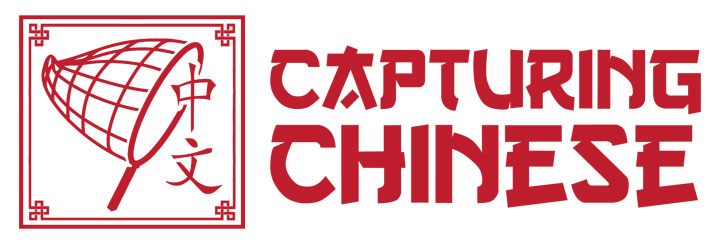Learn Chinese Through Chinese Stories - Lu Xun's A Passing Storm
Here is another story about the crazy amount of trouble a hairstyle could cause in imperial Qing dynasty China and in the early years of the Republic of China. This week's story is A Passing Storm, also translated as A Storm in a Teacup. If you missed the introduction to Lu Xun, then follow this link to An Introduction to Lu Xun.
A Passing Storm
风波
Fēngbō
风波 was published in September 1920 in New Youth (新青年 Xīn Qīngnián).
Revolutionary China was filled with rebellions, revolutions, and on occasion reinstatement of the previous dynasty. These constantly changing environments put strain on the common people who found themselves in the middle of this power struggle. During the Qing dynasty, males had to wear a queue, which involved shaving the front half of the head and growing the back part long and braiding it. (See A Story About Hair for more information) During the Tàipíng Rebellion, the rebels grew out their hair in defiance of this law. The government troops would execute those who did not have the mandatory queue. The Tàipíngs would kill those with a queue for thinking they were loyal to the Qing dynasty. The common villager only stood to lose in this situation. After the Qing dynasty was overthrown, queues were no longer mandatory but some loyal to the previous dynasty decided to keep them. This is when A Passing Storm takes place. Some of the villagers had cut their queue (or had them forcibly cut) while others preserved them by coiling them on top of their head. However the situation changed again on July 1, 1917 when the northwest troops supported by Zhāng Xūn (张勋) occupied Běijīng. Zhāng Xūn and his troops announced the restoration of the Qing Dynasty by reinstating the last emperor, Pǔyí (溥仪), onto the Dragon Throne. After twelve long days for the villagers Zhāng Xūn and his troops were defeated on July 12th. During this brief occupation of Beijing, the villagers worry whether or not they will have to begin wearing queues again. One character, Seventh Master Zhao, is a Qing loyalist and insists that Qī Jīn, who had his queue cut off in town, will face execution for being in violation of the law. Fighting breaks out as the villagers release their anxiety upon each other. Twelve days later, life resumes back to normal. A Passing Storm 风波| Would you like to read this Chinese short story with pinyin, footnotes with definitions, historical summaries, and cultural references, as well as Chinese audio files of two native speakers, one male and one female, reading the story? Get your copy of Capturing Chinese today! See the Capturing Chinese Catalog |
